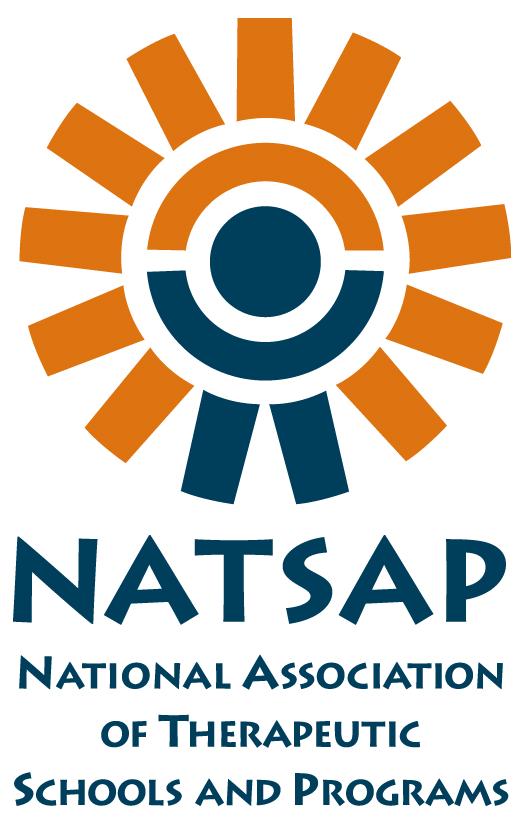A growing teen problem is the non-medical use of prescription (Rx) and over-the-counter (OTC) medicine. In 2012, 14.8% of high school seniors used a Rx drug for non-medical reasons during the past year.
Statistics:
- Every day, 2,700 teens try a prescription medicine to get high for the first time
- Teens are more likely to have abused medications than a variety of illegal drugs
- Nearly 1 in 5 teens report abusing prescription medications to get high
- 1 in 3 teens report being offered Rx or OTC medicine for the purpose of abuse
- 1 in 3 teens report having a close friend who abuses Rx pain medicine to get high
- 1 in 4 teens report having a close friend who abuses cough medicine to get high
- 1 in 10 teens report abusing cough medicine to get high
This is eye-opening information and should not be taken lightly. Abusing prescription drugs can have life threatening side effects and can lead to addiction.
Here is a list of commonly abused prescription medications:
- Adderall, Ritalin – a stimulant
- Vicodin – a pain reliever
- Cough Medicine – dissociative drug
- Haldol, Thorazine, Risperdal – tranquilizer, depressant
- Xanax, Valium, Ativan, Ambien, Soma – sedative
- OxyContin, Oxycodone, Codeine – narcotic (opiod) pain reliever, depressant
Side effects of prescription drug abuse vary from person to person and can affect one person differently than another.
Stimulant abuse can cause paranoia, dangerously high body temperatures, and an irregular heartbeat, especially if stimulants are taken in large doses or in ways other than swallowing a pill.
The pain reliever Vicodin can cause problems being able to focus, nausea, vomiting, severe mood swings, paranoia, anxiety, nodding out or pasting out.
Cough Medicine containing the drug dextromethorphan (DXM), when taken in large amounts, causes a similar reaction to the affects of the drugs Ketamine and PCP. These two drugs are considered “dissociative” drugs, which gives a “high” that makes a person feel disconnected from their normal selves. Ingesting high amounts of DXM can cause nausea, vomiting, numbness, difficulty controlling movement such as walking and an increase in blood pressure and heart rate.
Abusing depressants can cause slurred speech, shallow breathing, feeling tired, disorientation, lack of coordination, and seizures (upon withdrawal from chronic abuse).
Abusing sedatives can cause sleepiness, slurred speech or talking slowly, difficulty concentrating, dizziness, slow breathing and a decreased heart rate.
Abuse of narcotic pain relievers such as Oxycontin and codeine can cause sleepiness, nausea, vomiting, feeling tired, confusion, constipation, slowed breathing and possible loss of consciousness.
Abusing any type of mind-altering drug can affect judgment and inhibition and may put a teen at a higher risk of making poor choices.
If you suspect your son is abusing prescription or over-the-counter drugs, seek help immediately. This is a situation where action cannot be delayed.
Triumph Youth Services works with adolescents on a daily basis that suffer from drug abuse or addiction. We have a well trained staff that understands substance abuse and offer a small, highly structured family environment for youth. This family-like community promotes a social environment that takes on both therapeutic and healing properties instead of maintaining negative behaviors.
We can help your son deal with the underlying causes of his substance abuse and provide him with the tools he needs to become a successful adult.
Call today. Do not delay.
Reference
http://www.talkaboutrx.org/not_worth_the_risk.jsp (NCPIE Partners with the Substance Abuse and Mental Health Services Administration (SAMHSA) to Prevent Teen Prescription Medicine Abuse
http://www.drugabuse.gov/publications/drugfacts/high-school-youth-trends
http://teens.drugabuse.gov/drug-facts/prescription-drugs








